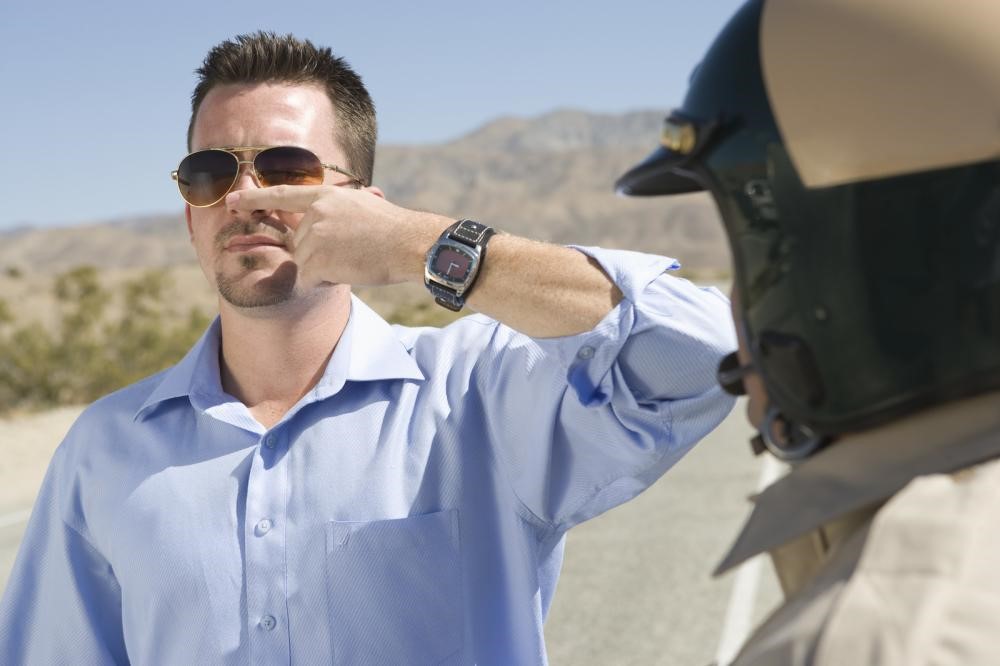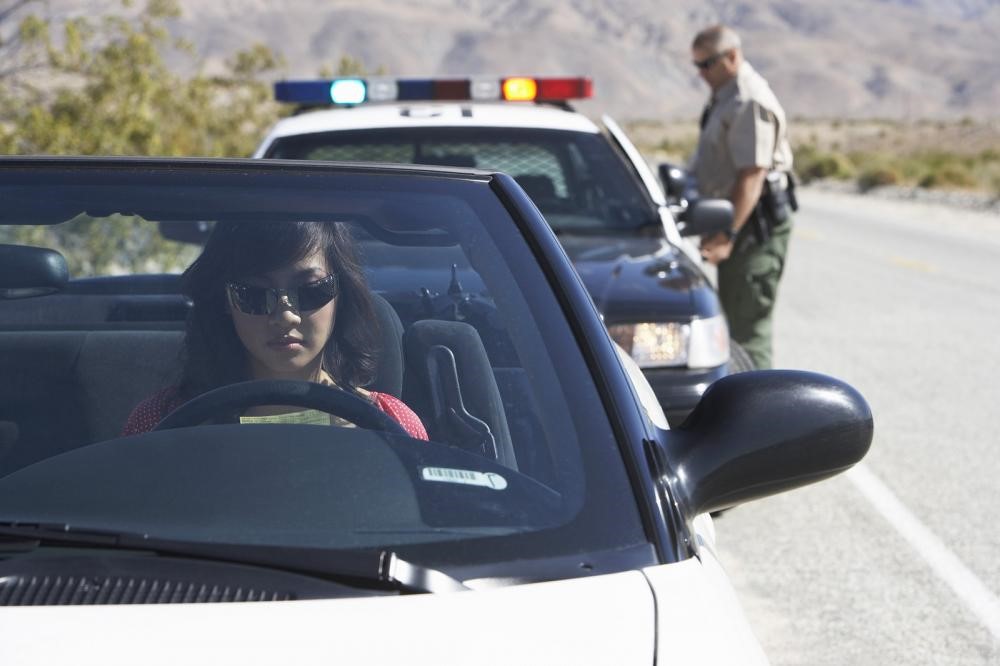You’re driving your vehicle, minding your own business, when you suddenly see flashing blue lights in the rearview mirror and the piercing wail of a police siren—this alone can induce stress even when you’ve done nothing wrong.
If the law enforcement officers suspect that the driver had been drinking, they can leverage the fear, apprehension, and confusion to get them to admit to drinking or even consent to search their vehicle.
Every year, law enforcement pulls over hundreds of thousands of people on Texas roads. However, you need to remember that if you’re one of those people, you’re protected by certain constitutional rights. After the tragedy of the 2015 traffic arrest and subsequent suicide of Sandra Bland, Texas motorists need a better of understanding of their rights when they’re stopped for traffic violations.
Staying calm and exercising your rights can help you smoothly navigate law enforcement interactions—especially where DUIs (for minors under the age of 21 years) /DWIs are concerned. In instances where the police violate your rights or treat you unfairly, DUI attorney J.L. Carpenter is here to help.
Let’s further discuss the rights of Texas motorists during a DUI traffic stop.
You Have The Right To Remain Silent
When you’re pulled over, the officer will ask for your driver’s license and registration, which you’re required by law to provide.
Under the Texas Penal Code, you can be charged with failure to identify if you refuse to provide your name, residence, or date of birth. Failing to provide or providing wrong information on purpose is a criminal offense.
Beyond that, you’re not required to provide answers to any investigational questions, like, “Have you been drinking?” or “Where were you going?” Even admitting to drinking within the limit, prior to operating the vehicle, can lead to a DWI or DUI investigation where you may be asked to conduct sobriety tests.
Therefore, protect yourself from incrimination by exercising your constitutional right.
Your Right To Refuse Field Tests
During the DWI or DUI investigation, a law enforcement official may request you to submit a breath, blood, or urine sample for testing, take a field sobriety test or both. It’s just that: a request. Without a warrant, you can’t be forced to participate in any of these tests.
However in the end, a refusal may work against you—at least for the moment—because, chances are, you’ll be arrested. Always be mindful of how you behave when you’re pulled over—be police and respectful when you refuse the tests because belligerent behavior can complicate your case.
Similarly, your actions, like an unsteady walk or fumbling fingers, can present as signs of intoxication to the police officer. In which case it’s important to tell the officer if you have a medical condition that may contribute to your balance being off or shaking fingers and eyes.

Your Right To Refuse Vehicle Searches
The 5th Amendment also protects you from unreasonable search and seizures. When you are pulled over, the officer doesn’t immediately have the right to search your vehicle until they have a probable cause or a warrant.
A probable cause could be anything from a strong smell of alcohol on your breath to the smell of marijuana in your vehicle, or a drug dog alerting the officials about the presence of illicit substances.
Keep in mind that a police officer can seize any incriminating evidence that’s in plain sight through the windows of your vehicle.
If case evidence was seized from your vehicle during a DWI or DUI arrest, your DUI attorney can guide you on whether or not your rights were violated during the initial traffic stop.
An experienced and skilled DUI/DWI attorney like J.L Carpenter can help you mount a strong defense that questions the arrest from the initial stop and search. As former prosecutor and criminal defense attorney serving Clear Lake and Friendswood, Texas, Attorney J.L Carpenter strives to protect her client’s rights with the goal of getting them a favorable outcome.
Contact J.L. Carpenter Law for a consultation now.
